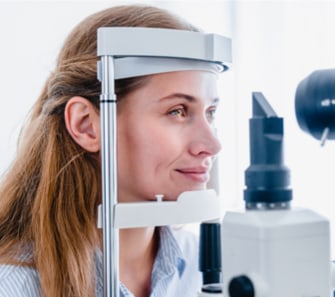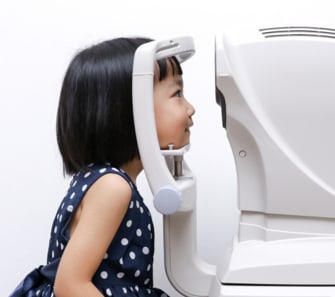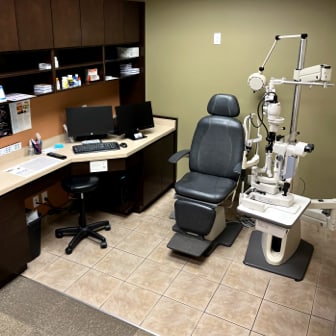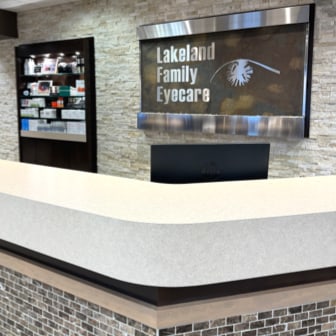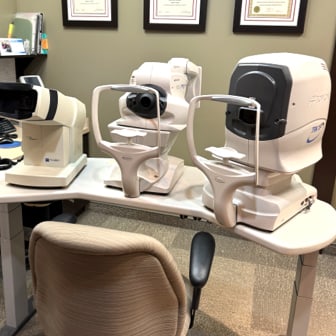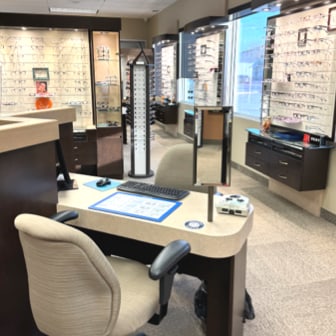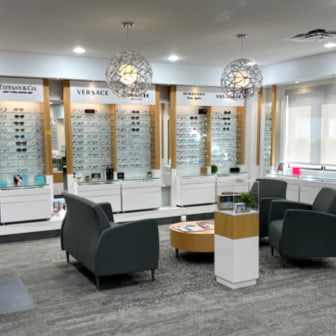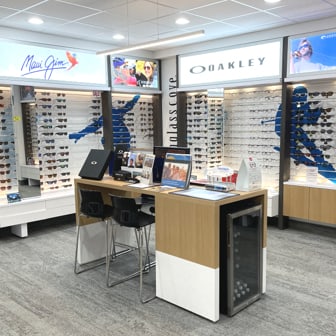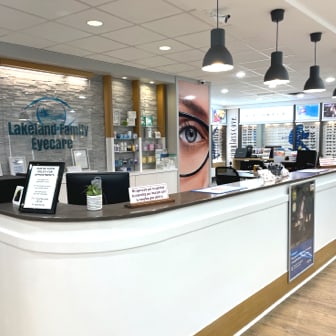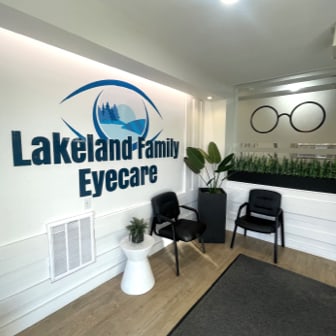The name Presbyopia is Greek in origin, translating to “old man eye”, though we prefer to call it “ageing eye”.
As we age our ability to focus on near objects gradually declines, resulting in presbyopia. It is a naturally occurring process that will affect every person’s vision in their later years. Both men and women can expect to see the early signs of presbyopia around 40 years of age.
When you are born, and for the first few decades of your life, your eye’s natural crystalline lens is soft and flexible. This flexibility allows you to focus quickly and accurately on objects near and far. As mentioned above, the natural ageing process of our eye’s crystalline lens means a gradual reduction in flexibility. The more the lens hardens, the more difficult it becomes to focus on objects especially at near.
Presbyopia is not the same as farsightedness- they are separate eye conditions. To read more about farsightedness, head to our page on Hyperopia (Farsightedness).
Presbyopia Symptoms
The following symptoms present gradually, typically beginning near the age of 40. Presbyopia symptoms include:
- Difficulty focusing
- Eye strain
- Eye fatigue after reading for long periods
- Headaches
Presbyopia will also present as blurry vision when you transition from looking at an object close to you to an object further away and vice versus.
Presbyopia Treatment
Presbyopia is not a life sentence of blurry vision once you hit 40 years old. It is one of the easiest eye conditions to treat. The common treatment for presbyopia is prescription eyeglasses and contact lenses. Your prescription will need to be increased as you age, though, since the crystalline lens in your eyes will continue to harden.
For the right candidates, corrective eye surgery may be a viable treatment option for their presbyopia. Patients will find they will not need their eyeglasses or contacts for a considerable amount of time post-op.
Unfortunately, due to the natural ageing process continuing onwards after your surgery, the amount of time the correction lasts will vary. Corrective surgery is not a permanent solution for presbyopia.










